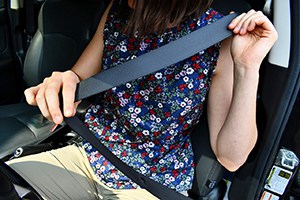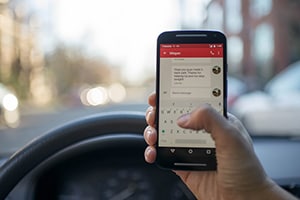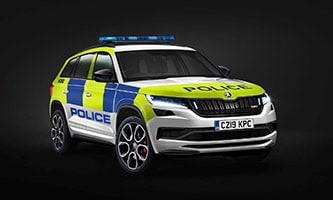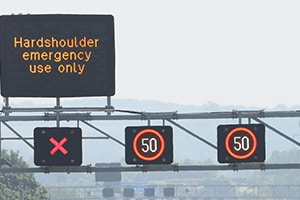Drivers up and down the country have been urged to remember the importance of keeping their eyes and minds on the road, even when using hands-free mobile devices.
GEM Motoring Assist believes UK motorists should not underestimate the level of distraction that these devices can cause.
Hands-free doesn’t mean safe
GEM road safety officer Neil Worth argued that despite hands-free devices being legal, they still pose a risk to safety for all users.
“A hands-free device may allow you to keep both hands on the wheel, but ‘hands-free’ unfortunately doesn’t mean ‘brain-free’,” he commented. “Using your phone while driving is an avoidable distraction which raises the risk you pose to other road users.”
Mr Worth reminded drivers of the potential dangers they face when they take their concentration away from the road. He went on to add that mobile devices – whether hands-free or not – present an unacceptable level of risk to all road users.
To ensure safety, GEM advises drivers to only use mobile devices – including hands-free devices – when their vehicle is safely parked. They should also spend a few minutes ahead of any journey to make important calls, as this reduces the likelihood of having to answer while on the move.
Ellie Baker, brand manager at Fuel Card Services, comments: “Keeping your mind on the road is essential to ensure safety for drivers and those around them. As such, fleet operators should be reminding their drivers to only use hands-free devices when they are absolutely necessary.”






